Back to school: Children's social anxiety,7 strategies to overcome social anxiety
by LLxx on Mar 08, 2024
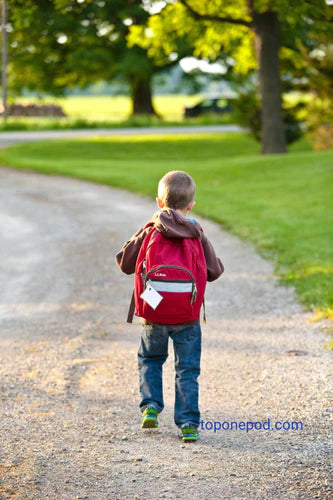
School is about to begin, You bought new clothes, bags, a new pair of cute sneaker and think your kids are happy and ready to go to school? It might not be like that!

parents have often complained that children do not want to go to school. Some children feel anxious about going back to school and are troubled by social anxiety. They may expect to perform well in social activities, or they may be very worried that others will have bad evaluations of themselves.
In certain social situations, an anxious person may find that his heart beats faster. Because adrenaline is released into the blood, more oxygen flows to the blood and the brain, and even digestion becomes slower.
When you want to run away or face danger, anxiety is a normal response.
However, the social environment is usually not life-threatening, and such physical symptoms of anxiety can hinder social activities.
People who suffer from social anxiety may look stupid, afraid of being blamed, ridiculed, or being the center of attention.
For anyone, this experience may just be unwelcome, but for people who feel socially anxious, it is an unacceptable threat.
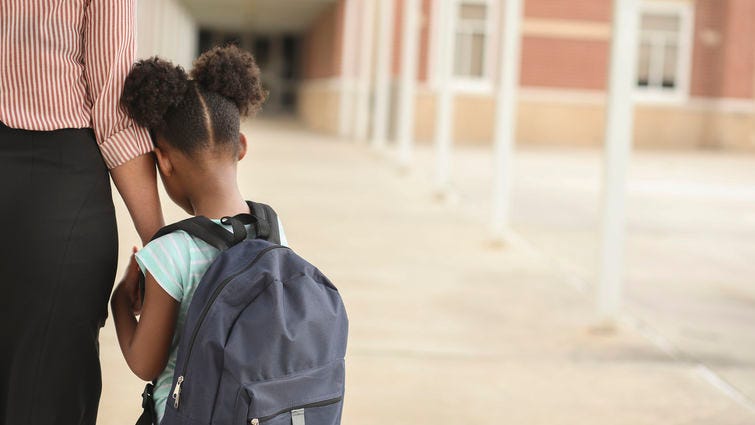
Children’s social anxiety
An Australian report showed that among the children and adolescents, about 6.9% were diagnosed with anxiety, 4.3% with separation anxiety, and 2.3% with social phobia.
Social phobia (social anxiety) is more common in adolescents, while separation anxiety (leaving a caregiver, such as a parent) produces a strong sense of anxiety, which is more common in children.
This figure only includes people who have been diagnosed with anxiety disorders and does not include undiagnosed young people who are under tremendous stress in a social environment.
Longer absences from school will increase social anxiety, because avoiding fear increases fear, and anxiety will increase with the decline in patience that psychologists call.
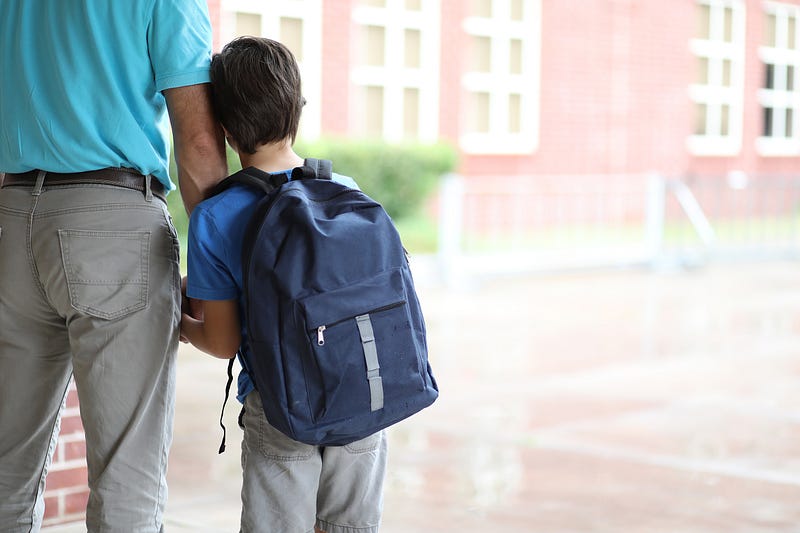
The more children avoid situations that scare them, the lower their tolerance for such situations.
Anxiety affects education
For anxious students, the effects on their studies are considerable. The results of the study show that students with poor mental health may be 7–11 months behind in the 3rd grade and 1.5–2.8 years behind in the 9th grade.
Because it is prone to absenteeism, the connection with the school is not good, the sense of feeling is low, and the effort in schoolwork is also not enough.
7 strategies to overcome social anxiety
What can children do to overcome anxiety when they return to school? Here are some useful suggestions.
Deal with some physical symptoms.
Sedation strategies can be used, such as breathing exercises and Meditation. Practicing breathing can reduce symptoms of depression, anxiety, anger, and confusion.
Try to face it when anxiety increases
Avoidance, such as avoiding eye contact, not raising your hand to ask questions, or not going to school, can increase anxiety.
The most effective way to cope with social anxiety is to face it, let your children experience social interactions, get a little experience of social success, and then gradually learn to feel safe in such social activities.
Accept fear and anxiety
Fear and anxiety are normal phenomena and help us deal with danger effectively.
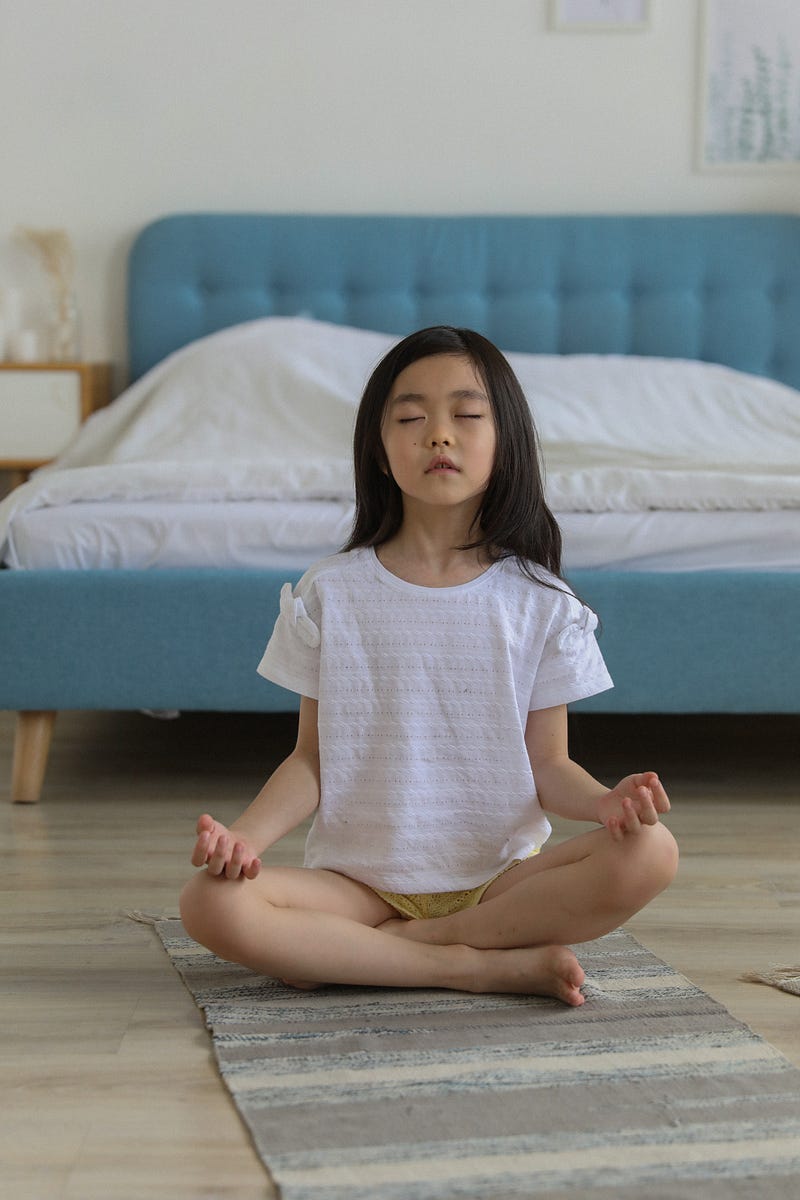
Don’t think that your body is threatened. These changes are beneficial. Your body is preparing to act.
From the little things
Avoiding fear is not the solution to the problem, nor is it the solution to be completely exposed to fear.
Experiencing an overwhelming social experience can cause fear and failure, and it may also prevent anxious people from trying or not trying at all.
Therefore, we must start with small things and cultivate the courage of the children.
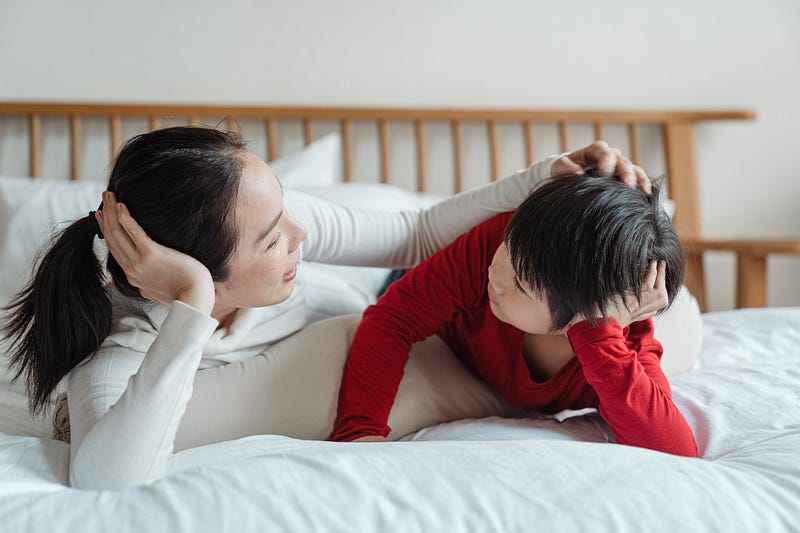
Encourage children to face anxiety and fear
Supportive listening and counseling are not as effective as confronting your fears, because these methods can alleviate fears.
When you want to support your child through comfort and encouragement, make sure to also encourage them to face the fear that causes anxiety.
Write out countermeasures
You cannot guarantee that negative thing will not happen, and you may be embarrassed or commented. Instead of trying to avoid these incidents, it is better to re-plan how to deal with them.
Remember, anyone has experienced negative social feedback. But this does not mean you are stupid or useless.
Accumulate social experience

Remember, certain threats are a kind of “perception”, not reality.
Talking to your children will help you recognize their opinions, but it will not change their opinions.
Only positive practical experience can change this reality.
When we face fear, things that make people anxious and fearful are often proved to be untrue.





